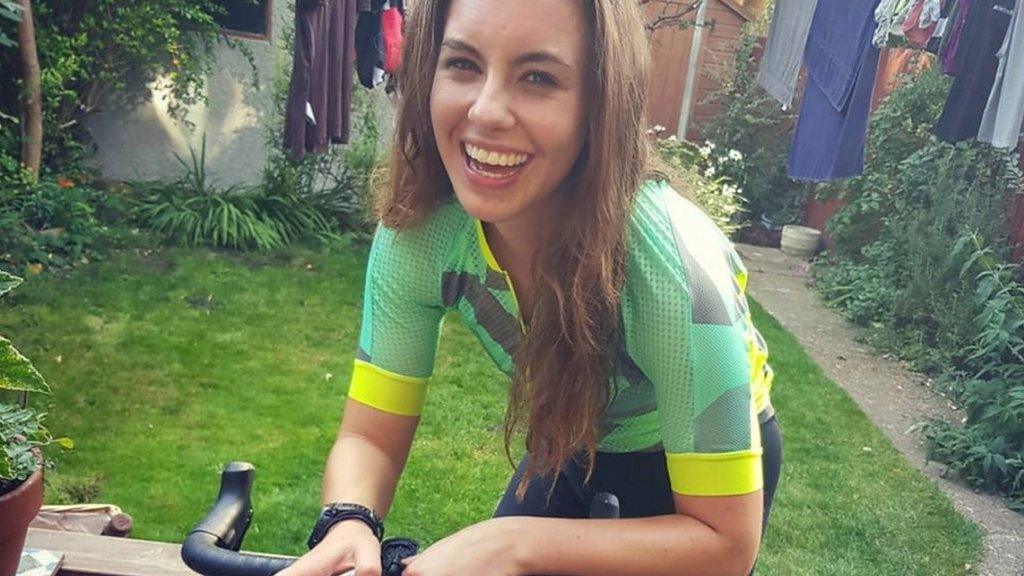NHS tells GPs they must offer patients face-to-face appointments
- Published
- comments
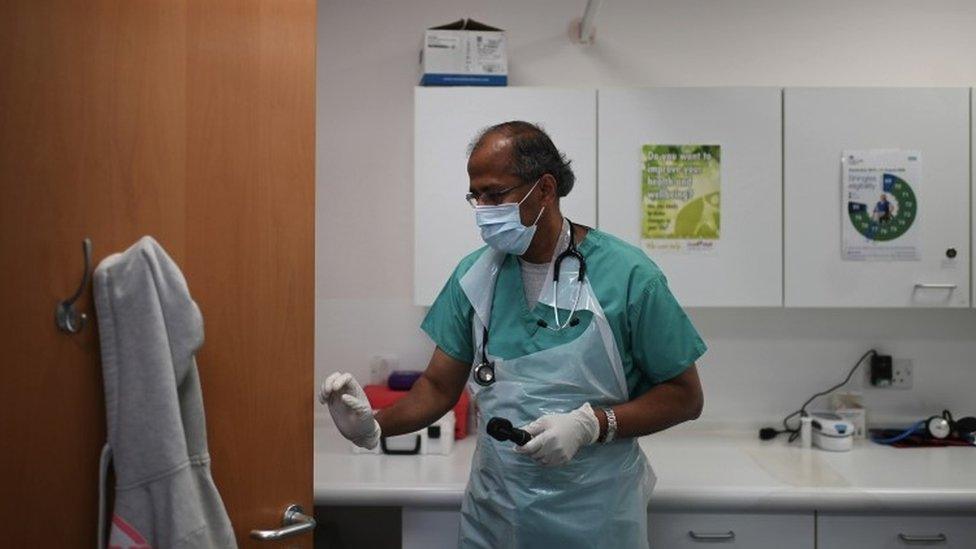
GP practices are being told they must make sure patients can be seen face to face when they need such appointments.
NHS England is writing to all practices to make sure they are communicating the fact doctors can be seen in person if necessary, as well as virtually.
It's estimated half of the 102 million appointments from March to July were by video or phone call, NHS Digital said.
The Royal College of GPs said any implication GPs had not been doing their job properly was "an insult".
NHS England said research suggested nearly two thirds of the public were happy to have a phone or video call with their doctor - but that, ahead of winter, they wanted to make sure people knew they could see their GP if needed.
Nikki Kanani, medical director of primary care for NHS England, said GPs had adapted quickly in recent months to offer remote consultations and "safe face-to-face care when needed".
She added: "While many people, particularly those most vulnerable to Covid-19, want the convenience of a consultation over the phone or video, the NHS has been and will continue to offer face-to-face appointments and I would urge anyone who feels they need medical support to come forward so they can get the care, support and advice they need - the NHS is here for you."
NHS England said it would be reminding GPs they faced enforcement action if they failed to offer face-to-face appointments when necessary on medical grounds. Failure to do so was a breach of their contract, it said.
Prof Martin Marshall, chair of the Royal College of GPs, said general practice was "open and has been throughout the pandemic", with a predominantly remote service to help stop the spread of coronavirus.
Dr Debbie Noland wears full PPE when seeing patients and cleans the examination room between patients
He said: "The college does not want to see general practice become a totally, or even mostly, remote service post-pandemic.
"However, we are still in the middle of a pandemic. We need to consider infection control and limit footfall in GP surgeries - all in line with NHS England's current guidance."
He said most patients had understood the changes and that clinical commissioning groups had been asked to work with GP practices where face-to-face appointments were not possible - for example, if all GPs were at a high risk from coronavirus.
"Any implication that they have not been doing their job properly is an insult to GPs and their teams who have worked throughout the pandemic, continued delivering the vast majority of patient care in the NHS and face an incredibly difficult winter ahead," he said.
Research from the college indicated that routine GP appointments were back to near-normal levels for this time of year, after decreasing at the height of the pandemic.
"Each and every day last week an estimated third of a million appointments were delivered face to face by general practices across the country," added Prof Marshall.

TESTING: What tests are available?
LOOK-UP TOOL: How many cases in your area?
LOCAL LOCKDOWNS: What happens if you have one?
TEST AND TRACE: How does it work?

It comes as thousands of doctors say a second peak is likely this winter - and is their greatest fear.
The British Medical Association survey of more than 8,000 doctors and medical students found that 86% of them believed a second peak was likely, or very likely, in the next six months.
The survey indicated doctors thought the two most important measures to help prevent such a peak were having a fit-for-purpose test-and-trace system and a "coherent, rapid and consistent approach to local outbreaks".
BMA council chair Dr Chaand Nagpaul said: "We, as a profession, want, above all, to avoid a return to the scenes we saw in April, when hospitals were full with Covid-19 patients, and hundreds were dying every day. Meanwhile, thousands of others missed out on vital appointments and procedures as routine care was put on hold.
"But while the forecast in this survey may be bleak, it is not an inevitability if the government takes decisive, robust and timely action to stamp down the spread of the infection."
He called on the government to focus on "sorting out the test-and-trace debacle once and for all", adding: "We are at a critical crossroads in the fight against this deadly virus."
- Published12 June 2020
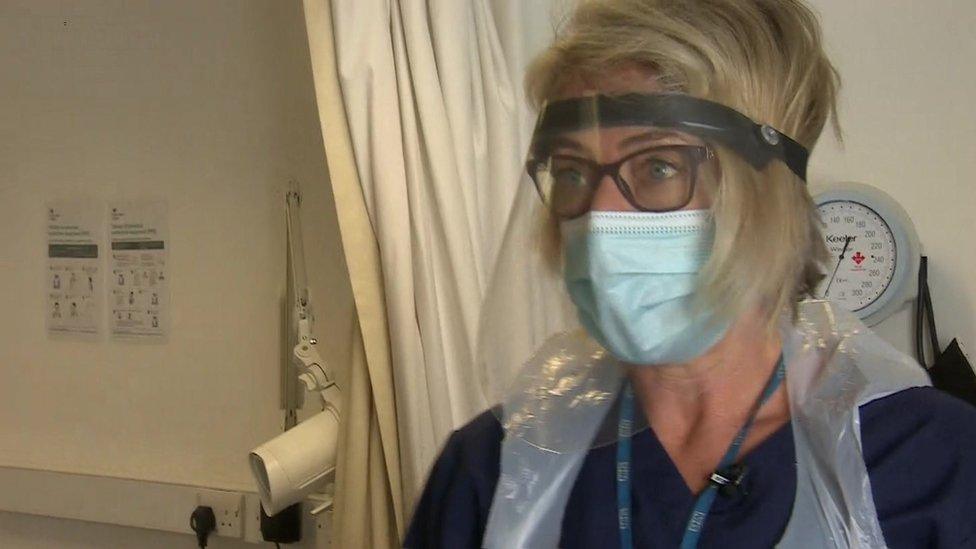
- Published16 June 2020
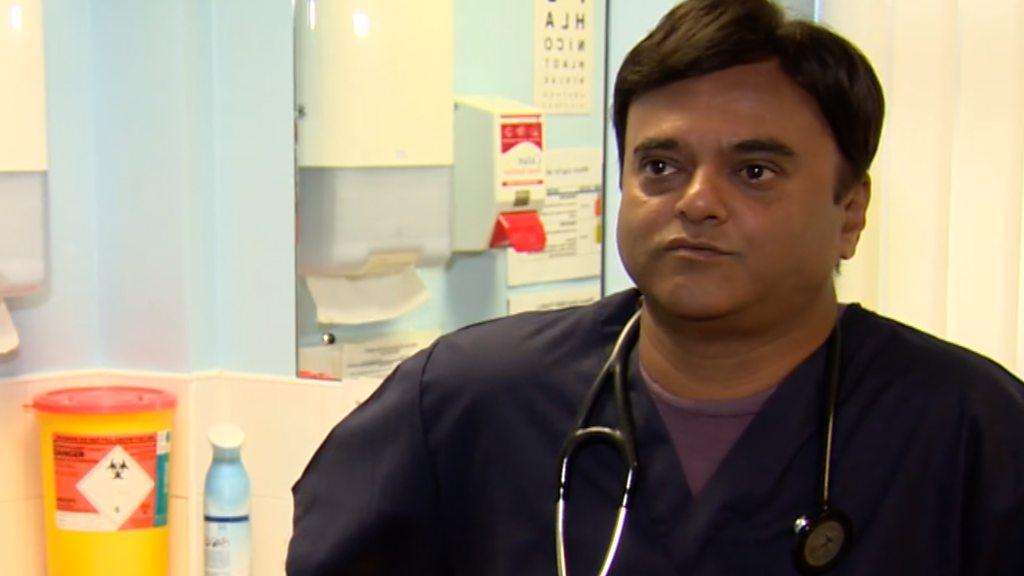
- Published11 April 2020
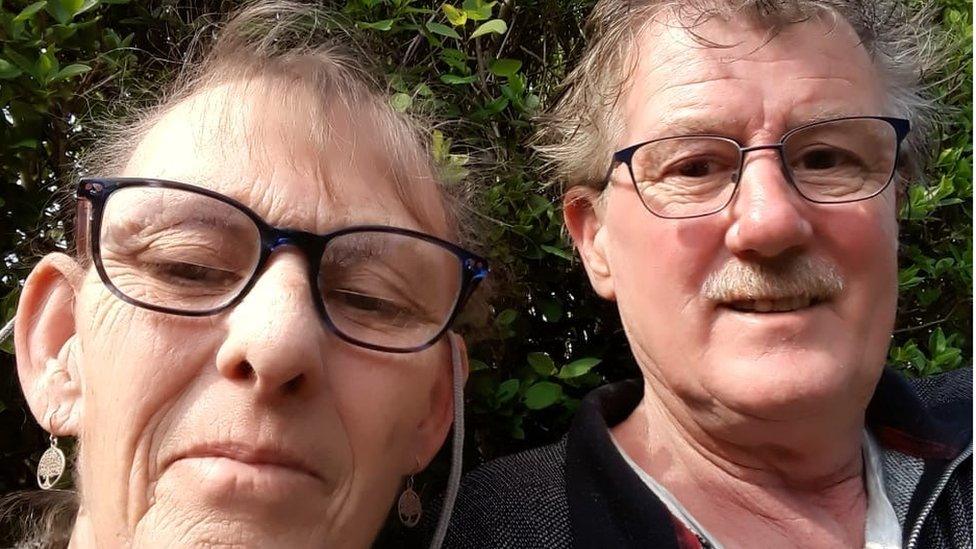
- Published8 September 2020
